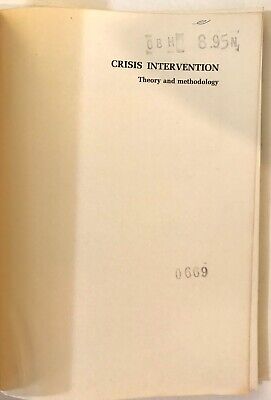
**Delving into the Diverse Landscape of Psychological Theories: Perspectives from Eminent Psychologists on Twitter**
The dialogue sparked by Ekaterina Damer has generated a valuable exchange among psychologists on Twitter, leading to a wealth of recommended literature and perspectives on psychological theories. Here, we gather these essential suggestions along with their contributors, providing a thorough look at the current conversation in psychological theory.
1. **Iris van Rooij** recommends Robert Cummins’ piece, [“How does it work?” vs. “What are the laws?” Two conceptions of psychological explanation](https://pdfs.semanticscholar.org/f5b1/b05e8313aee94ccd98e80eab3ec56dbd2c97.pdf), which explores various methods of psychological explanations.
2. **Ed Orehek** encourages delving into insights regarding theory development in [“Theory Construction in Social Personality Psychology: Personal Experiences and Lessons Learned”](http://journals.sagepub.com/doi/abs/10.1207/s15327957pspr0802_1).
3. **Djouria Ghilani** emphasizes [“Personal Reflections on Theory and Psychology”](http://journals.sagepub.com/doi/abs/10.1177/0959354310378184) by Gerd Gigerenzer, which offers a contemplative perspective on psychological theory.
4. The extensive research of [Barry N. Markovsky](https://works.bepress.com/barry_markovsky/) is also suggested for an in-depth exploration of sociological and psychological theory.
5. **Tal Yarkoni** and others guide us to the insights of Meehl, found in seminal works like [“Theory-testing in psychology and physics: A methodological paradox”](http://meehl.umn.edu/sites/g/files/pua1696/f/074theorytestingparadox.pdf) and [“Appraising and amending theories”](http://meehl.umn.edu/sites/g/files/pua1696/f/147appraisingamending.pdf).
6. **Burak Tunca** recommends [“What Theory is Not”](http://haas.berkeley.edu/faculty/papers/stawtheory.pdf) by Robert I. Sutton & Barry M. Staw, which addresses the misconceptions surrounding theory.
7. **Joshua Skewes** mentions Valerie Gray Hardcastle’s insights in “How to build a theory in cognitive science.”
8. **Randy McCarthy** highlights Chapter 1 from “Theory and explanation in social psychology” by Gawronski & Bodenhausen.
9. **Kimberly Quinn** points to McGuire’s examination of heuristics in [“Creative hypothesis generating in psychology”](http://sing.stanford.edu/cs303-sp11/papers/mcguire_hypothesis_gen.pdf).
10. **Daniël Lakens** offers a practical resource for social scientists in “Theory Construction and Model-building Skills” by Jaccard & Jacoby.
11. **Tom Stafford** marks Roberts and Pashler’s examination in [“How persuasive is a good fit?”](https://cloudfront.escholarship.org/dist/prd/content/qt5vt0z72k/qt5vt0z72k.pdf).
As the theory crisis aligns with the methods crisis, discourse is certain to be as rich and varied. Additional updates include:
– **Richard Prather** highlights a discussion on computational modeling in [“To Model or Not to Model?”](https://www.ncbi.nlm.nih.gov/pmc/articles/PMC3103214/).
– **Brett Buttliere** shares a collaborative forum for theory discussions on [Facebook](https://www.facebook.com/groups/153619768802306/about/).
– **Eric Morris** directs us to Wilson’s theoretical constructs in [“Some notes on theoretical constructs”](http://www.ijpsy.com/volumen1/num2/23/some-notes-on-theoretical-constructs-types-EN.pdf).
– **Michael P. Grosz** points to Denny Borsboom’s critique of theoretical gaps in [“Theoretical Amnesia”](http://osc.centerforopenscience.org/2013/11/20/theoretical-amnesia/).
– **Ivan Grahek** and discussions from **Iris van Rooij** further expand on psychological science in works like Fiedler’s [“What Constitutes Strong Psychological Science?”](http://journals.sagepub.com/doi/abs/10.1177/1745691616654458).
Participation in this discourse is set to be as varied and enlightening as the field itself, with each suggestion bringing a distinct viewpoint on psychological theory.